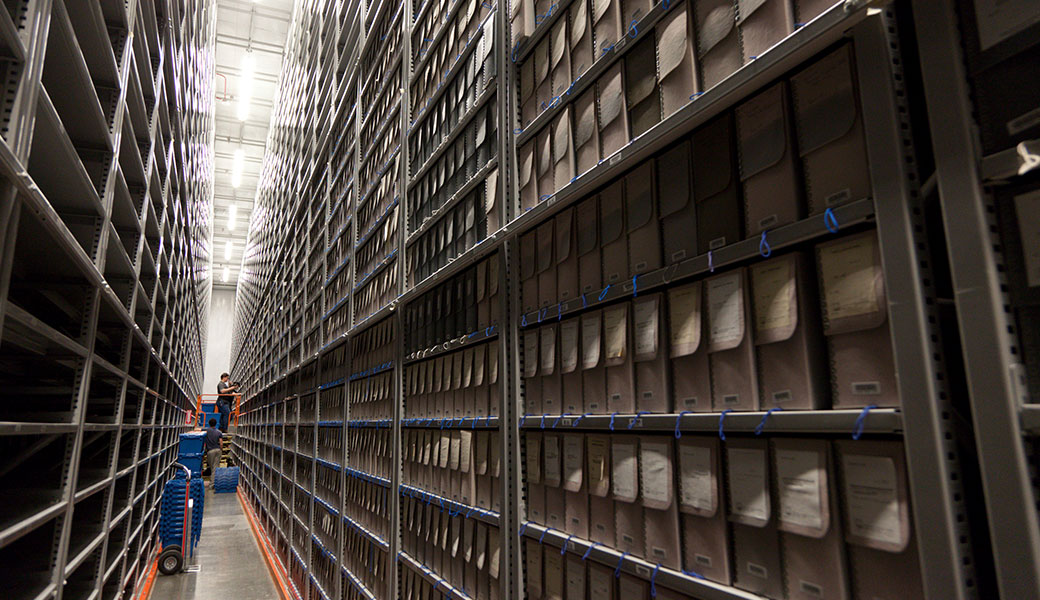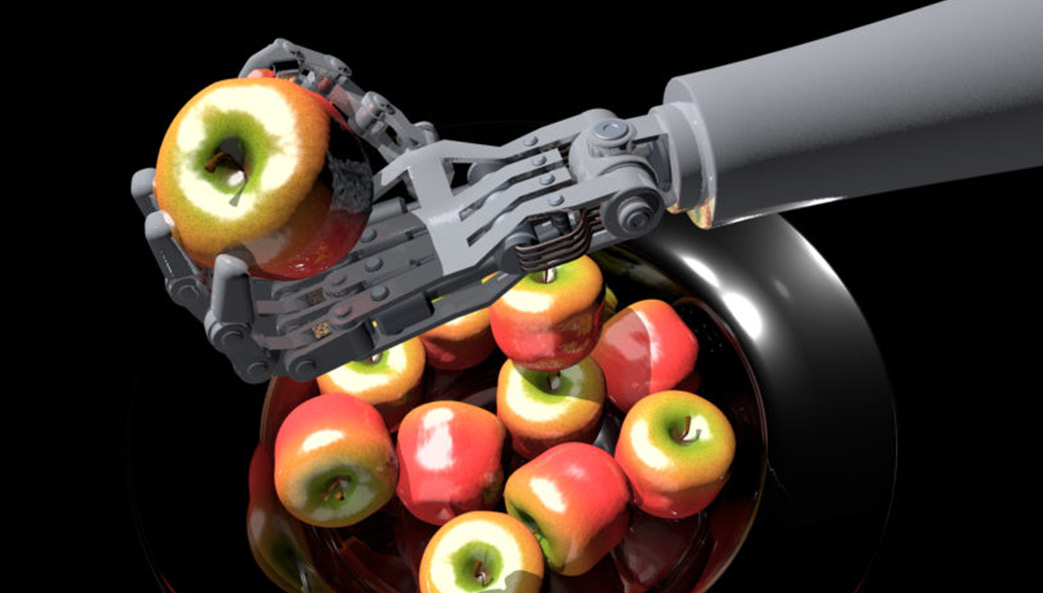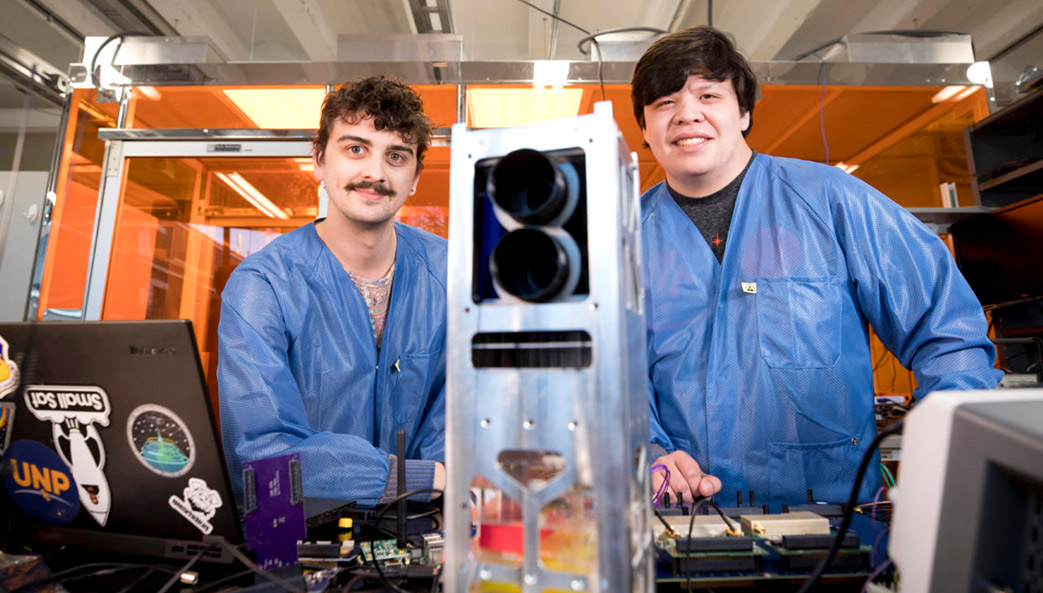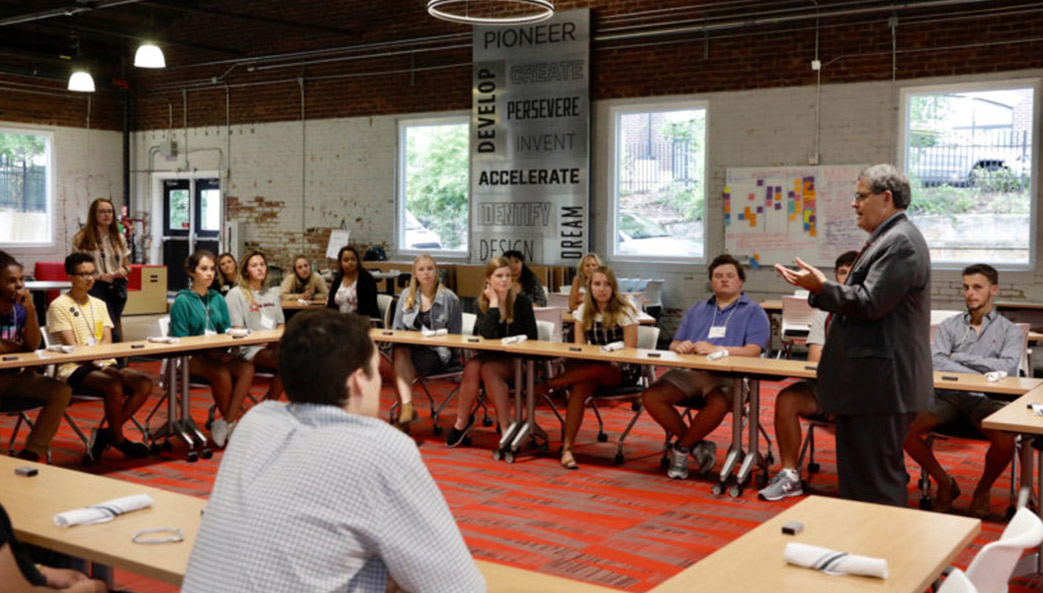With a librarian’s help, Isabel Ott’s research project grew exponentially into a complete history of an understudied group of viruses comprising 300 sources of information. Jeri Sasser learned sophisticated methods for an extensive literature search that are key to her new adventures in graduate school, and Lauren Boyd discovered new sources and new ways of thinking critically that led to summer field research in Baja Big Sur, Mexico.
These three students are just a few examples of the influence that the UGA Libraries’ Undergraduate Research Award has had on students in the past year.
Since 2007, the LURA program has encouraged and rewarded research excellence and growth as a scholar.
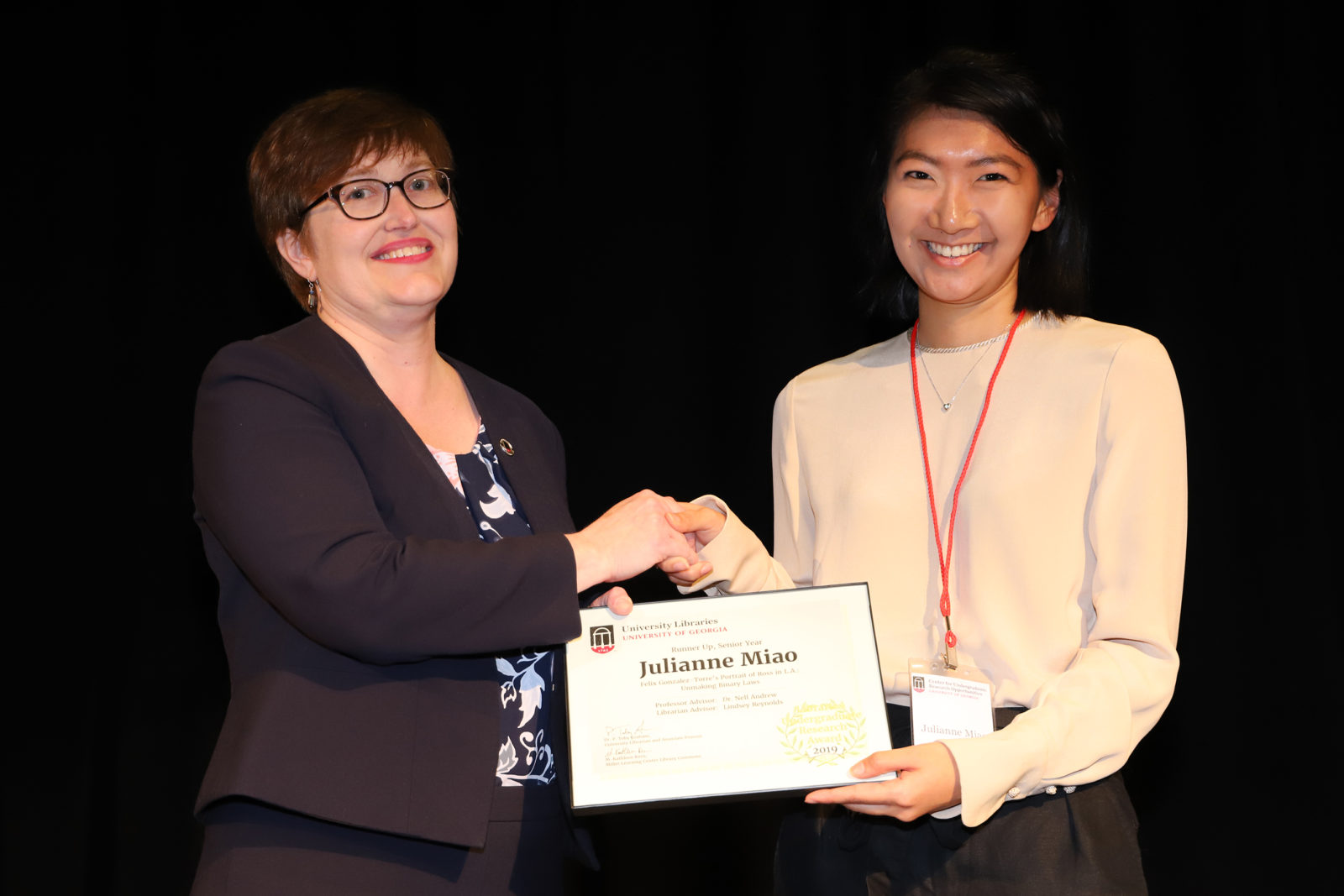
“This award is unique in its emphasis on process rather than product,” said Kathleen Kern, librarian and director of the Miller Learning Center Library Commons. “Our criteria emphasize what the student learns from meeting with a librarian and how they apply that knowledge to the creation of their final research paper.”
To qualify for the award, which distributed $3,000 in prize money in 2019, undergraduate students first meet with a librarian to discuss their research and develop a strategy to explore resources available through the UGA Libraries. The students write a brief essay about their research process and submit their bibliography of sources.
The essays are assessed by a panel of librarians and a writing consultant, who consider the students’ use of quality information resources, critical thinking, and evidence of developing as a researcher.
In 2012, the Libraries added a Juror’s Choice award to acknowledge use of specialized resources or methods such as the Special Collections’ archives or the Science Library’s Makerspace.
Garrison Bickerstaff, lecturer and tutor in graduate writing resources with the Division of Academic Enhancement, has been on the LURA committee since it started.
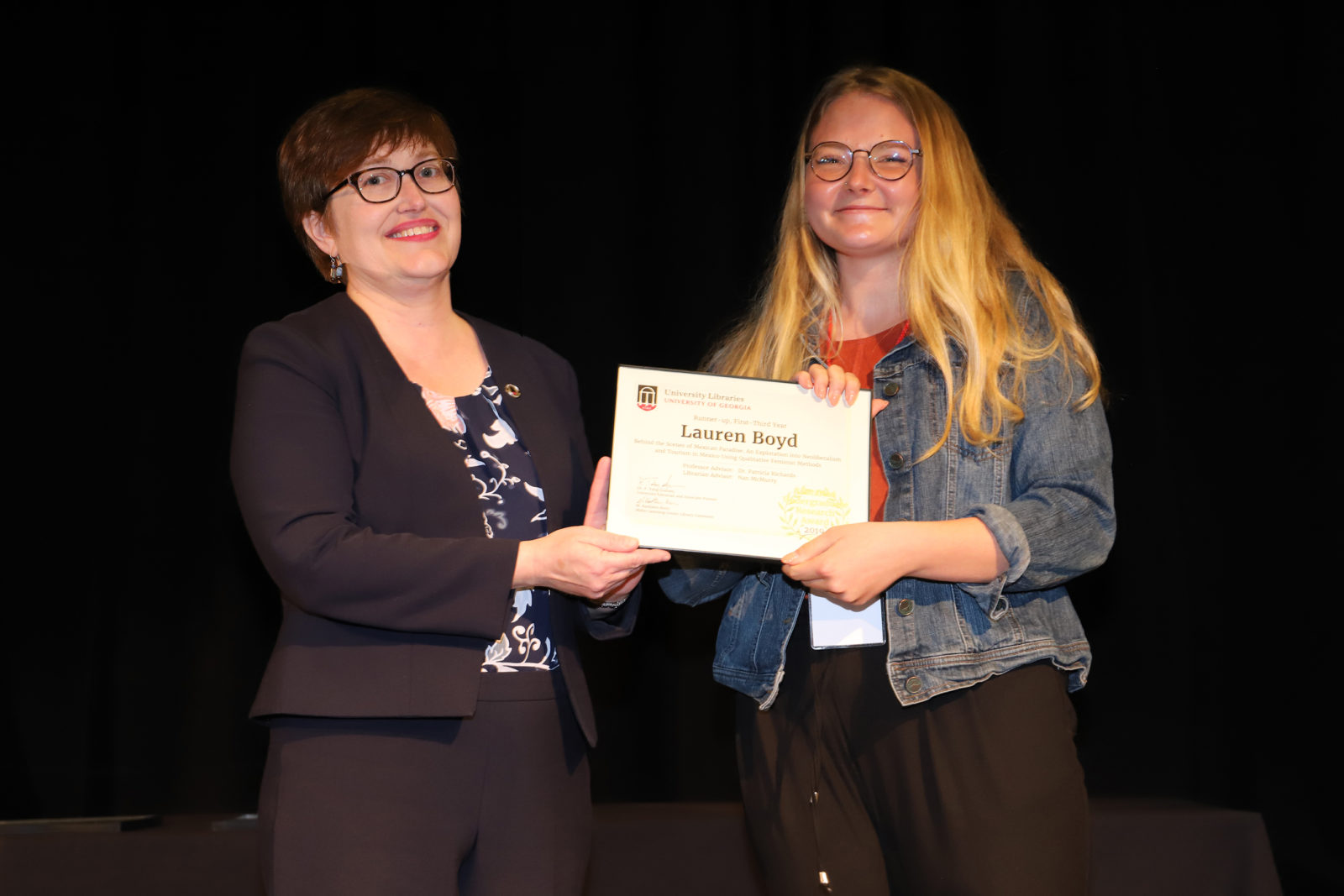
“I enjoy reading these essays because they capture the development that the students have made through the research process,” he said. “This award is significant because of the emphasis that is placed on undergraduates to pursue research in areas or formats that they are sometimes not aware of.”
The contest is open to all undergraduate students from across all disciplines and class years. In recent years, an increased number of students in STEM fields as well as the arts have applied.
“One might think of in-depth library-based research as being the domain of history, literature or political science, for example,” Kern said. “But all good research requires a foundation in prior knowledge.”
The program has also experienced an uptick in first-, second-, and third-year student applications, which reflects the growing emphasis at UGA on undergraduate research throughout the course of studies.
“What makes these essays outstanding is how engaged students become with their research topics, often pursuing them beyond the scope of what is needed for the course project,” Kern said. “As a librarian, it is exciting to be part of this growth and discovery.”
2019 LURA Recipients
Senior 1st Place ($800)
Isabel Ott, “Bunyamwera Serogroup Viruses in the Americas”
Faculty Adviser: Dr. Daniel Mead
Librarian Adviser: Diana Hartle
This bibliography grew beyond Ott’s original research intent into a complete history and distribution of an understudied group of viruses comprising 300 sources of information.
Senior Runners-up ($450)
Julianne Miao, “Felix Gonzalez-Torre’s Portrait of Ross in L.A.: Unmaking Binary Laws”
Faculty Adviser: Nell Andrew
Librarian Adviser: Lindsey Reynolds
Miao used a diversity of resources from UGA and beyond, including theoretical essays and primary source materials. The LURA helped her with post-graduate life as a curatorial fellow at the Reynolda House Museum of American Art in Winston-Salem, North Carolina.
Jeri Sasser, “A Longitudinal Investigation of Protective Factors for Bereaved Maltreated Youth”
Faculty Adviser: Assaf Oshri
Librarian Adviser: Sandra Riggs
For this multiyear research project, Sasser met with two different UGA librarians and learned sophisticated methods for an extensive literature search. The award money helped her to move to Arizona, where she is a Ph.D. student in psychology.
1st – 3rd Year 1st Place ($600)
Megan McPherson, “Mysteries of the Museum: Uncovering the History of the Georgia Museum of Natural History”
Faculty Adviser: Suzanne Pilaar Birch
Librarian Advisers: Diane Trap and Mazie Bowen
McPherson worked in the Special Collections Building doing archival work on the history of the Piedmont Athens Regional Medical Center 100th anniversary exhibit. She is now applying to graduate school in historic preservation.
1st – 3rd Year Runner-up ($300)
Lauren Boyd, “Behind the Scenes of Mexican Paradise: An Exploration into Neoliberalism and Tourism in Mexico Using Qualitative Feminist Methods”
Faculty Adviser: Patricia Richards
Librarian Adviser: Nan McMurry
Boyd’s LURA essay described her journey to becoming a better researcher and how her questions changed as she discovered new sources and new ways of thinking critically. She used her award money to help fund summer field research and interviews in Baja Big Sur, Mexico.
Juror’s Choice ($400)
Joshua Johnson, “Greater Inclinations: Revolutions of Progress, Beauty, Science, Spirituality, Representation, Gender, and Vision in America’s Gilded Age”
Faculty Adviser: Janice Simon
Librarian Adviser: Diane Trap
In addition to buying books, Johnson is currently working as a research fellow for the Art Bridges Foundation and will join UGA Cortona’s team as a visiting artist intern this spring in Italy.
To learn more about the LURA program and read the essays, visit https://www.libs.uga.edu/researchaward.
This story first appeared in the UGA Libraries’ Beyond the Pages.



